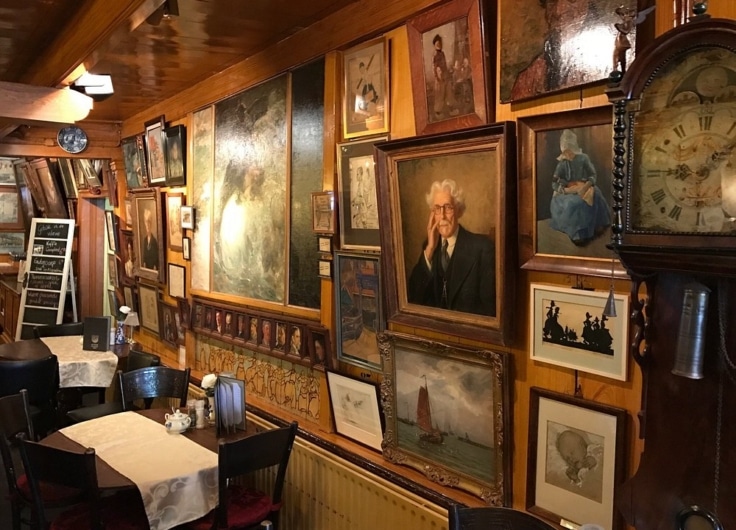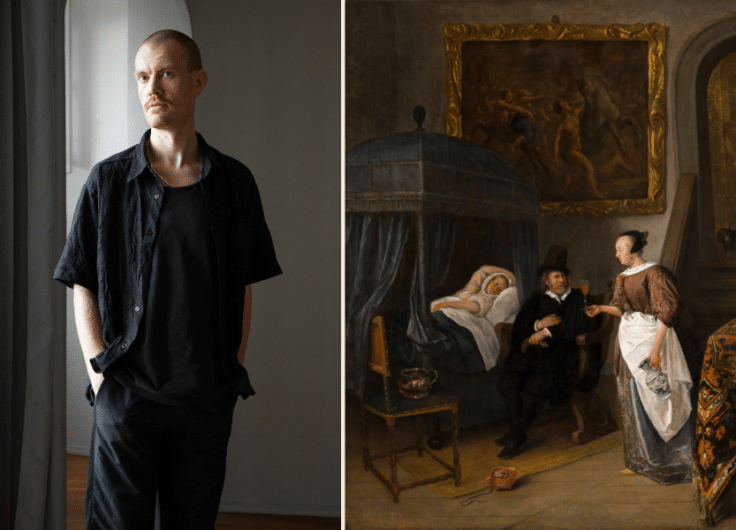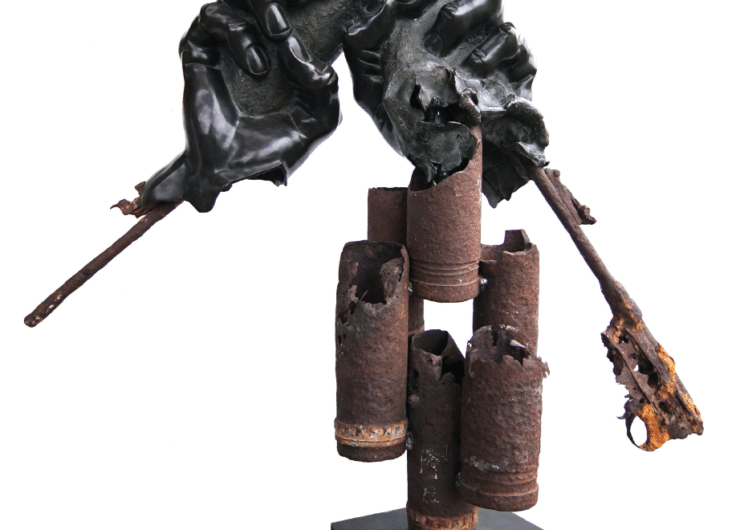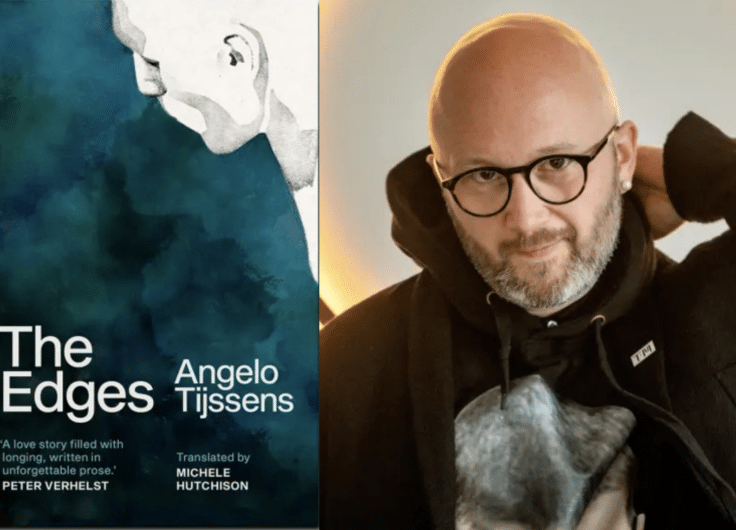GP Services in the Netherlands: How Not to Do Things
Belgium’s general practitioners may be sounding the alarm, but working conditions in the Netherlands are far worse. GPs there have to do more and more in less and less time. But as journalist Anouk van Kampen argues, investing in GPs is vital, as they form the basis of good healthcare.
General practitioners in Belgium are at the end of their tether. A while ago, some of them aired their grievances in the media. Loesia Tryssesoone, who’s had a permanent position for the past two years, was among them. She told De Standaard: ‘It’s not so much the work pressure. The problem is that we can’t provide a quality service. We’ve got one of the best jobs in the world but we’re facing a tsunami. We’re really worried about the repercussions for our patients.’
The figures support that concern. A growing number of practices have too few staff to look after too many patients. Two in every three Flemish towns and cities don’t have the minimum of nine doctors per 10,000 people. Six out of ten GPs are no longer accepting new registrations. We’re already seeing that 42 per cent of Belgians sometimes have to wait more than a day for an appointment. Young GPs are particularly demoralised and likely to quit and look for a different job. Meanwhile, patients themselves are increasingly dissatisfied with the service offered to them.
GP Vjen De Bruycker told De Standaard: ‘If we continue down this path – and you can see how things are evolving in other countries – patients may end up having to wait two to five weeks for an appointment.’
Waiting list
One of the countries that has already reached this stage is the Netherlands. GPs there are experiencing growing work pressure and staff shortages, with the ageing population further exacerbating their problems – as well as those of their patients. The situation is far worse than it is in Belgium.
While Belgian physicians are worried about the municipalities where the number of GPs is slipping below nine per 10,000 people, the Netherlands has an
average of 6.7 per 10,000. In several Dutch towns and cities, the shortage is so acute that residents can no longer register anywhere and may spend many months on a waiting list. A report by news programme EenVandaag found that in 2022 the wait to be seen for non-urgent symptoms can be as long as two weeks.
Despite the shortages, the government continues to add to the workload of GPs
Doctors have been sounding the alarm for years, yet there’s little sign of improvement. On the contrary: despite the shortages, the government continues to add to the workload of GPs. In recent years, they’ve also had to take on care for young people and the elderly, as the latter are now expected to live at home for longer because of budget cuts. Health insurers and GP alliances fear that the pressure will only increase in the future if the problems facing doctors today are not addressed.
Years ago, before I moved to Belgium, the situation was already critical. A consultation at my Dutch GP surgery would last ten minutes, if that; there was no time to ask more than a single question. Your best chance of seeing a doctor would be to turn up during walk-in surgery hours, sit in an overcrowded waiting room and hope that you’d get your turn. A regular appointment had to be booked weeks in advance. Obtaining a referral to a specialist required extraordinary powers of persuasion, as they’re more expensive than GPs.
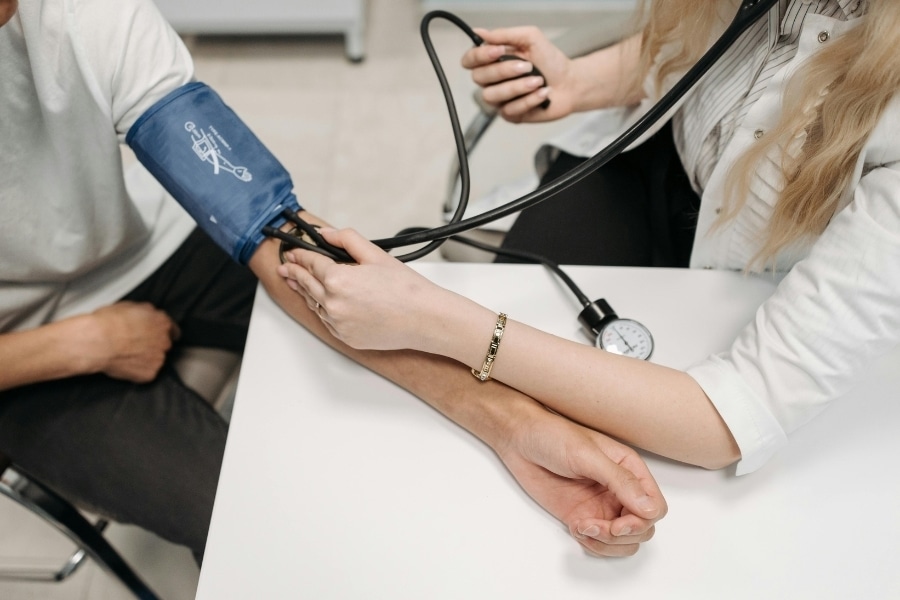 In several Dutch towns and cities, the shortage is so acute that residents may spend many months on a waiting list.
In several Dutch towns and cities, the shortage is so acute that residents may spend many months on a waiting list.© Pexels / Pavel Danilyuk
Not much has improved in the intervening years, if my friends and family are to be believed. While an appointment may be difficult enough, a patient would have to be practically on their deathbed to warrant a home visit. Prescribing antidepressants, monitoring their effects, increasing the dosage? You don’t need a psychiatrist for any of that; the GP will keep an eye on things.
In comparison, my experiences in Belgium have been a breath of fresh air. In the Netherlands, a health insurance policy will easily set you back €150 per month, with an annual excess of nearly €400. I could barely believe that I paid just a little over €20 per quarter in Belgium. To be fair, that comparison doesn’t really hold: given the slightly higher taxes in Belgium, everybody ends up contributing more to healthcare costs, albeit indirectly. Still, taxation included, the Netherlands spends more on care per capita than its southern neighbour. In fact, the country is one of the top three healthcare spenders in the EU.
In the Netherlands, there is never any time for the question: 'And how are you otherwise'?
However, this isn’t reflected in the level of care that patients receive from their GP. Here in Belgium, I can almost always get a next-day appointment, while the doctor never seems to be in a rush to bring my consultation to an end. When I explain my problem, I don’t see an overworked man or woman in front of me, staring at their computer screen, trying to find a solution as quickly as possible, but a person who looks me in the eye and listens. ‘And how are you otherwise?’ There was never any time for this question in the Netherlands, but I think that so far every single GP in Belgium has inquired about my general well-being.
Let me be clear: I don’t think the Dutch GPs themselves are to blame for any of this. It’s the system that forces them to do as much as possible in as little time as possible while saving as much money as possible.
The ageing population and rise in average life expectancy raise serious challenges for care in the Western world. There are no quick fixes. Costs will have to be cut if we are to avoid spending twice as much on care by 2040 – when a growing part of the population will have reached pension age. But those savings can’t come from the first line of defence, the general practitioners.
The Belgian health minister announced plans to invest an extra 55 million euros in GPs, promising additional support, financial incentives for students to work in ‘medical deserts’ and more money for weekend and holiday hours worked. May the Netherlands take inspiration from this investment. The foundation of a well-functioning care system lies in a GP who has the time and space to ask about a patient’s general well-being. That question can literally mean the difference between life and death.


